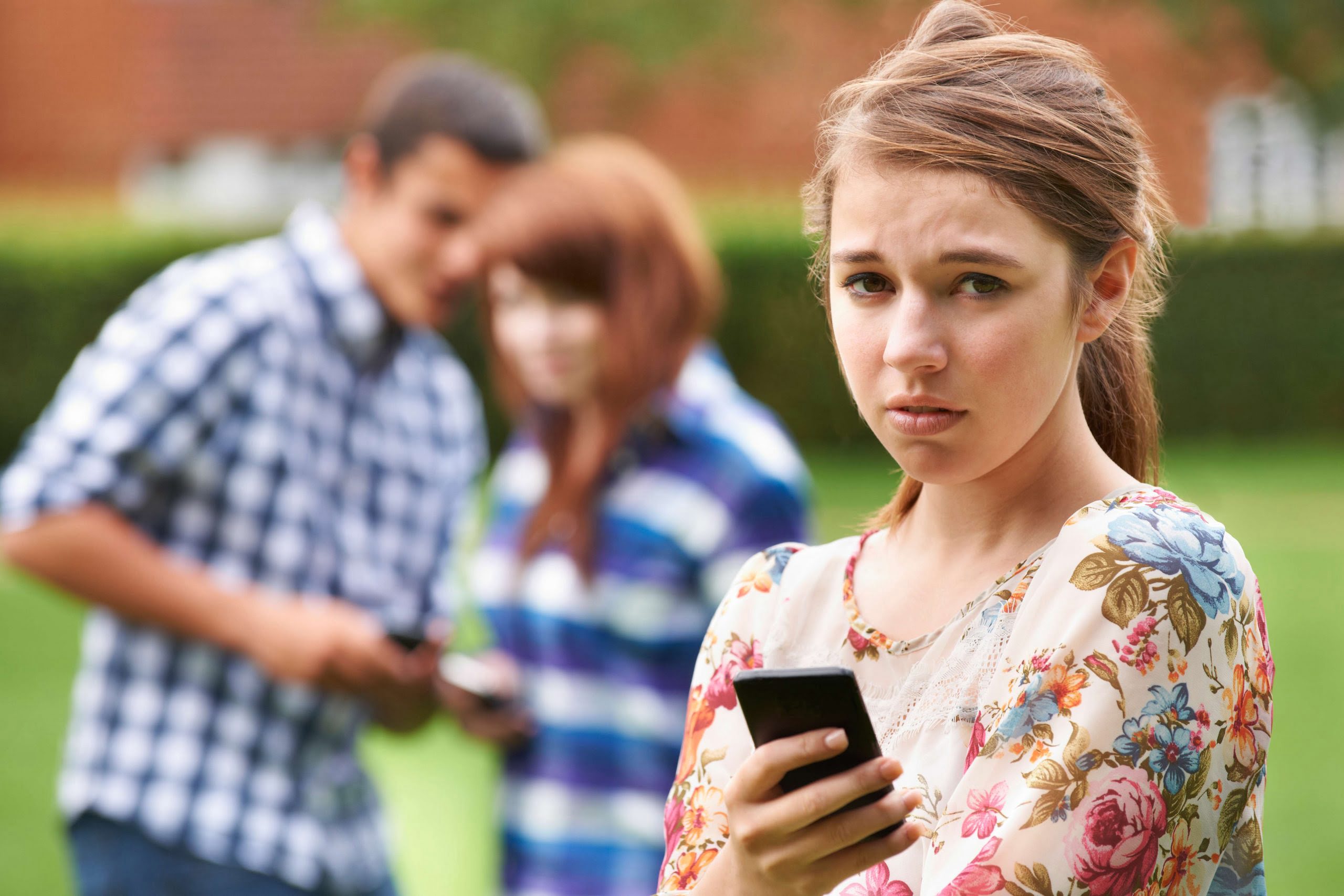“It seems between the stuffy nose and the skin irritation that there’s a reaction,” said Miller. “I, too, have experienced the stuffy nose after a glass of wine,” said Sloane Miller, a food allergy coach and advocate, who is also president of Allergic Girl Resources Inc. in New York City. If you are thinking about quitting drinking, talk to your healthcare provider.
Taylor notes that sometimes an alcohol intolerance is the result of genetics. If a certain drink (or several) doesn’t agree with you, then steer clear. If you have a non-allergic intolerance to alcohol, histamine, sulfites, https://ecosoberhouse.com/ or other components of alcoholic beverages, your doctor might encourage you to limit or avoid certain types of alcohol. In some cases, over-the-counter or prescribed medications might help alleviate symptoms.
Why Do I Sneeze After Eating?
She has tried different types of alcohol — vodka, whiskey or tequila — but she breaks out in hives and a fever. After just a few “tiny sips,” thinking she will be fine, Brown said she ends up “going down the same dreadful path Jack Daniels led me down.” Dec. 24, 2012— — Kristin Brown loved to drink – perhaps partied a little too much when she was in her 20s, but when she hit her 30s, alcohol suddenly hit her the wrong way.
- Researchers estimate that 8% of the world’s population has a defective ALDH2 gene.
- If someone experiences a severe allergic reaction, they should go to the emergency room immediately.
- Sulfites are preservatives, and most countries permit their addition to alcoholic drinks such as beer and wine.
- “This includes looking at ingredient/content labels of food and drink,” explains the nurse.
- If alcohol is interfering with your health or your personal, financial, or professional life, consider quitting.
If you are still experiencing withdrawal symptoms after three days, talk to your healthcare provider. The second reason why alcohol can cause sneezing and congestion is that wine, beer, and spirits contain histamine, a compound that elicits an allergic response. Of all alcoholic beverages, red wines usually have the highest histamine content.
What Does it Mean If I Have Nasal Congestion After Drinking Alcohol?
This can happen because alcohol dilates blood vessels, making skin appear more flushed. It can also happen in people who have a genetic defect in the aldehyde dehydrogenase 2 (ALDH2) gene. People with this defect aren’t able to metabolize alcohol as quickly as others, which leads to a buildup of a compound called acetaldehyde that is known to cause skin flushing. First, red wine can cause headaches because it contains high levels of compounds called tannins, which inhibit the enzymes that protect the brain from substances that can trigger migraines.
If your sneezing becomes a problem, try keeping a food diary and noting which foods make you sneeze. Avoiding those foods can help you avoid sneezing after eating in the future. In one 2005 Swedish study, those with asthma, bronchitis and hay fever were more apt to sneeze, get a runny nose or have “lower-airway symptoms” after a drink, especially women. If the allergic reaction is more severe, people may require epinephrine, also known as an EpiPen. A person with severe allergies should carry one with them at all times, in case of a serious allergic reaction. Depending on whether a person has an alcohol allergy or intolerance, they may need to avoid alcohol entirely.
What are the symptoms of alcohol allergy?
Discuss these concerns with your doctor first to see if alcohol is safe for you. Alcohol-induced anxiety can last for several hours, or even for an entire day after drinking. There’s some truth to the idea that alcohol can reduce stress.

It’s like using a powerful painkiller on an open wound – you won’t feel any pain, but the wound will keep bleeding. Research shows that people with alcoholism find it difficult to recover from traumatic events. This is possibly because of the effects of alcohol abuse, which can actually change brain activity. Using alcohol to cope with social anxiety disorder can be dangerous. According to the Anxiety and Depression Association of America (ADAA), about 7 percent of Americans have this form of anxiety.
The 7 Best Foods and Drinks for a Hangover (And 3 to Avoid)
If a person is allergic to a particular ingredient found in some drinks, they could switch to drinks that do not contain it. Hodgkin lymphoma is a blood cancer that can affect a person’s lymphatic system. People with this condition usually experience swelling in the lymph nodes in areas including the neck, armpits, or groin. Alcohol allergy symptoms can range from mild, such as an itchy mouth or eyes, to severe, including vomiting or anaphylaxis. If you’re frequently sneezing after drinking, you must see a doctor as there may be an underlying condition that needs to be treated. If you find that warm drinks make you sneeze, try chilling them before you drink them.
- Like wine, beer also contains histamines, which can trigger sneezing.
- Many people swear by drinking water or eating food directly after a session of heavy drinking to avoid a hangover.
- In one 2005 Swedish study, those with asthma, bronchitis and hay fever were more apt to sneeze, get a runny nose or have “lower-airway symptoms” after a drink, especially women.
- While alcohol can help you fall asleep faster, it has a negative effect on sleep quality and duration.
If you’re allergic to another ingredient contained in certain alcoholic products, switching to a different drink might be an option. For example, barley is typically found in beer but not wine. If you have this variant, it causes your body to produce less active ALDH2. Gustatory rhinitis is a type of nonallergic rhinitis that’s caused by eating certain foods, usually spicy or hot ones. Drinking alcohol can also cause a gustatory rhinitis flare-up. This effect can also make you feel hot when you drink alcohol, but it can also lead to short-term nasal congestion.
Why Does Beer Make Me Sneeze And Get Congested?
The researchers asked 826 students from the Netherlands about their most recent heavy drinking session, how severe any hangovers were and whether or not they had food or water after the alcohol. However, some people develop allergy-like symptoms, such as an itchy throat and nasal congestion, in response to the sulfites in wine. The best way to prevent a reaction is to simply avoid alcohol. The key is to not try to replace the effects of alcohol – you don’t want something else that numbs your anxiety without helping you cope with it. What you’re trying to do is reduce the impact of what happens to your brain when you’re dealing with stress. These activities lessen the impact of stress and anxiety, and when you can weaken the effects of stress, you give your mind a better chance of regaining its own natural coping strength.
- With an alcohol allergy, a person’s immune system overreacts to alcohol.
- That is why all of the content that we publish is always reviewed and analyzed by professionals in the psychology and healthcare fields.
- It could also be that alcohol has a natural side effect to make people congested.
- Sulfur dioxide is another closely related chemical that can trigger reactions in some people.
- People with this gene deficiency suffer two-fold from allergic symptoms to alcohol.
But in rare cases, they become painful after alcohol consumption. If you have an allergy, your immune system over-reacts to contact with a trigger or “allergen.” If you have an alcohol allergy, your immune alcohol and sneezing system treats alcohol as a threat. It responds to alcohol by producing antibodies known as immunoglobulin E (IgE). Rhinitis is the medical term for inflammation of the mucus membrane in your nose.
